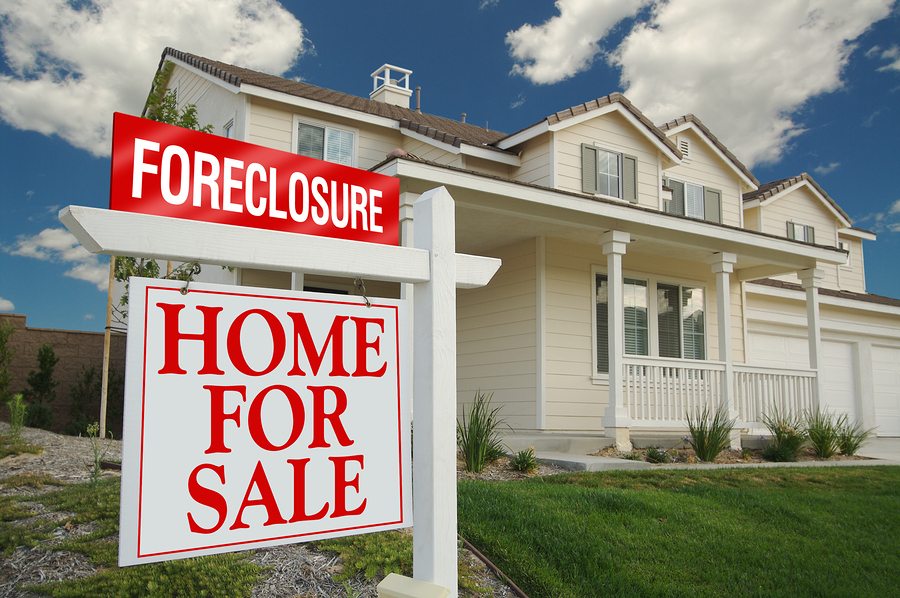According to the American Bankruptcy Institute, 875,635 Americans filed for bankruptcy in 2014, 11 percent fewer than in the previous year. RealtyTrac data shows 1.12 million foreclosure filings in 2014, an 18 percent drop over 2013. While both declines are good news, the numbers still represent millions of consumers who are now struggling with the negative effects such events have on their credit scores and ability to secure financing for major purchases.
Fortunately, their struggle won’t last forever. Many consumers are able to close on a home loan just a few years after one of these significant financial hiccups.
Buying a Home after a Bankruptcy
Consumers who file for Chapter 7 are typically looking at a wait of four years for a conventional home loan or two years for FHA or VA financing. Different lenders may have their own in-house requirements on top of those established by the loan program.
Consumers who file for Chapter 13 may be able to secure a conventional loan after waiting a mere two years. The wait for a FHA or VA loan is even shorter: after filing Chapter 13, they typically need to show a minimum of 12 consecutive months of on-time payments to creditors.
Buying a Home after a Foreclosure
Whether their lender foreclosed on their home or they opted to use a short sale or deed-in-lieu of foreclosure to unload the property, wait times to secure financing may be longer than for consumers dealing with bankruptcies. Even a loan modification can trigger a “seasoning” period.
Conventional loans—mortgage loans backed by Fannie Mae or Freddie Mac—typically require consumers to wait seven years after the completion of their foreclosure. VA loans have a two-year waiting period.
FHA loans offer a bit more leeway. Through the Federal Housing Authority’s Back to Work Program, consumers may be able to purchase a primary home as little as 12 months after experiencing a foreclosure. However, to qualify, they must be able to prove that the loss of their previous home was due to circumstances beyond their control—namely a job loss or a medical emergency that reduced their income by at least 20 percent for more than six months.
For consumers who are unable to prove they endured this type of economic event, the waiting period for an FHA loan is typically three years.
Rebuilding Your Credit
While FHA and VA loans may have less stringent requirements than conventional mortgages do, anyone wishing to buy a home after the waiting period associated with their financial hiccup is likely to need to spend much of that time rebuilding their credit and saving for a down payment. Both bankruptcy and foreclosure can knock 100 points or more off a consumer’s credit score.
This requires committing to living within one’s means, socking away savings, and making on-time payments on all bills. It’s best not to max out credit cards or take on a lot of new debt in the process. Those who rent after foreclosure may want to look for a landlord who participates in Experian’s RentBureau program. Timely rent payments will then help boost their credit score.
Are you ready to buy or sell a home? Contact us today for real estate or mortgage assistance.



